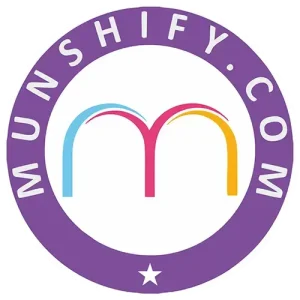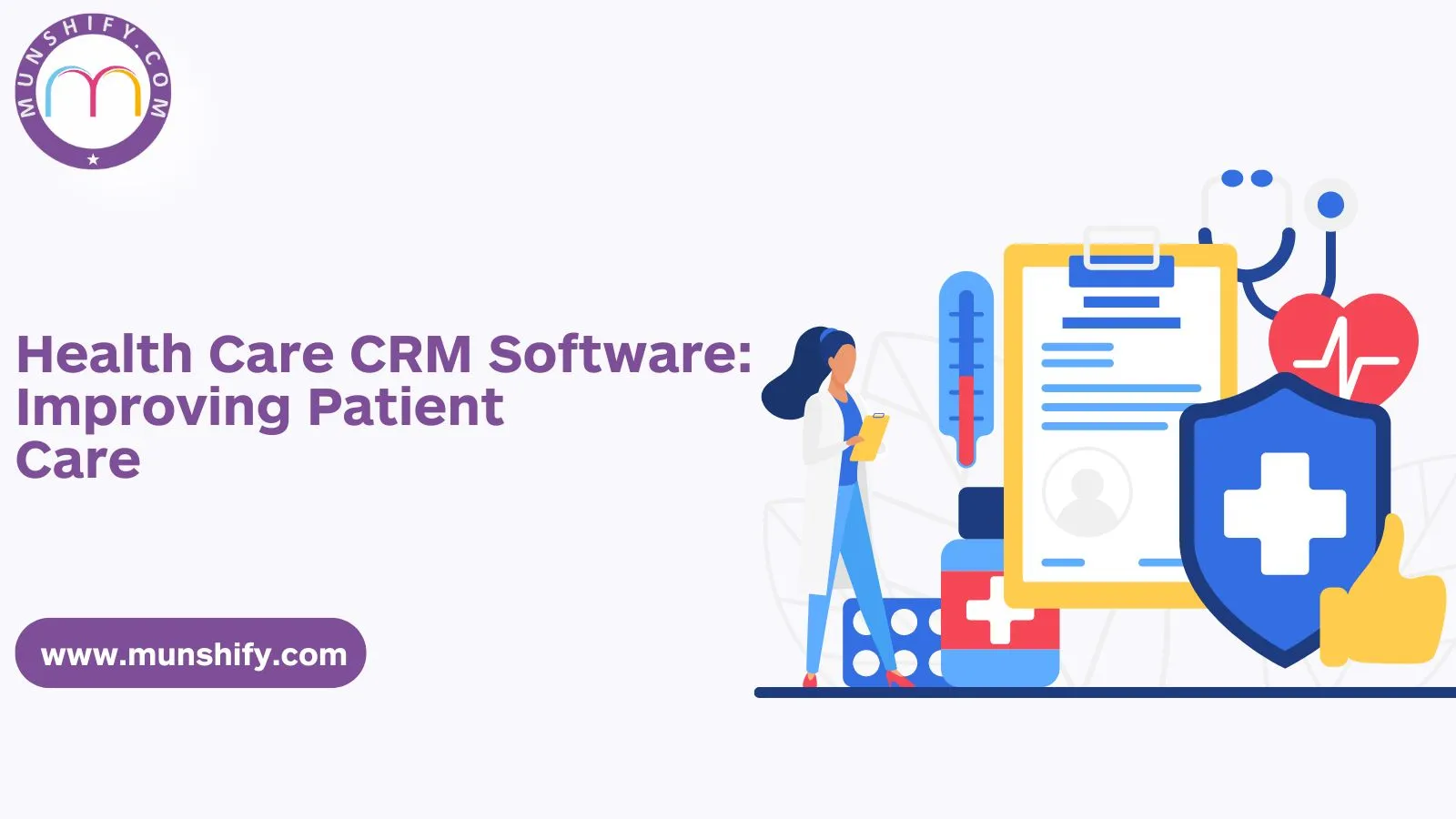Healthcare providers are increasingly turning to Customer Relationship Management (CRM) software tailored for healthcare needs to streamline patient interactions and improve internal processes. Health Care CRM software specifically addresses these needs by integrating patient information management, communication tools, and administrative tasks into a cohesive platform. This blog explores the transformative impact of Health Care CRM software in the healthcare industry, focusing on its benefits, challenges, and future trends.
Table of Contents
- What is Health Care CRM software?
- Benefits of Health Care CRM software
- Enhancing Patient Engagement
- Improving Care Coordination
- Optimizing Administrative Efficiency
- Enabling Data-Driven Decision Making
- Supporting Marketing and Outreach Efforts
- Facilitating Patient Education
- Challenges and Considerations
- Future Trends
What is Health Care CRM software?
Health Care CRM software serves as a centralized hub for managing patient relationships and operational workflows within healthcare organizations. It encompasses functionalities such as patient data management, appointment scheduling, communication tools, and analytics capabilities. By consolidating these tasks, Health Care CRM System enables healthcare providers to deliver personalized care more efficiently.
Benefits of Health Care CRM software
- Enhancing Patient Engagement
CRM software for health care boosts interaction with patients. It does this by keeping detailed profiles for each patient. These profiles carry important information like medical past, planned treatments, and ways the patient likes to communicate. Because the care is tailored to them, this makes patients happier. It also makes them more likely to get involved in their health care progress.
- Improving Care Coordination
It is super important to keep things running smoothly in healthcare, especially when lots of doctors and specialists get involved. Health Care CRM software really helps with this. It lets everyone talk in real-time, schedule appointments, and allocate tasks. That way, everyone knows what is happening and it helps patients get the care they need.
- Optimizing Administrative Efficiency
A Health Care CRM tool eases management duties. It does things like setting up appointment alerts, handling billing, and managing insurance claims. This automation lifts the weight off the shoulders of healthcare workers, cuts down on mistakes, and boosts work efficiency. By shifting resources from admin work to helping patients directly, health groups can ramp up their productivity and zero in on providing top-notch care.
- Enabling Data-Driven Decision Making
With the analytics capabilities of Health Care CRM System, healthcare providers can make data-driven decisions that enhance patient care and operational efficiency. The software provides valuable insights into patient trends, treatment outcomes, and resource utilization. This information supports informed decision-making, leading to improved patient care strategies and optimized resource allocation.
- Supporting Marketing and Outreach Efforts
Health Care CRM software assists healthcare organizations in their marketing and outreach efforts by segmenting patient populations and targeting specific groups with relevant health information and services. This targeted approach increases the effectiveness of marketing campaigns and helps attract and retain patients. Additionally, personalized communication enhances patient engagement and satisfaction.
- Facilitating Patient Education
Patient education is a critical component of effective healthcare. Health Care CRM System enables healthcare providers to share educational materials and resources with patients, ensuring they are well-informed about their conditions and treatment options. This empowers patients to take an active role in their healthcare and make informed decisions, leading to better health outcomes.
Challenges and Considerations
While Health Care CRM software offers significant benefits, its implementation can pose challenges. Integration with existing Electronic Health Record (EHR) systems, ensuring data security and compliance with healthcare regulations, and staff training are crucial considerations. Overcoming these challenges requires careful planning, stakeholder engagement, and leveraging vendor support to customize the software to meet specific organizational needs.
Explore the Essence Tourism CRM – click here
Future Trends
The future of Health Care CRM systemis promising with advancements in artificial intelligence (AI) and predictive analytics. These capabilities will enable healthcare providers to anticipate patient needs, personalize treatment plans, and improve outcomes. Enhanced integration with telehealth platforms and mobile applications will further expand access to care and support remote patient monitoring, contributing to more efficient and patient-centered healthcare delivery.
Health Care CRM software represents a transformative tool in modern healthcare, enhancing patient care delivery and organizational efficiency. By centralizing patient data, improving communication among healthcare teams, and automating administrative tasks, Health Care CRM system empowers healthcare providers to deliver personalized, coordinated, and efficient care. Embracing these technological innovations is crucial for healthcare organizations to adapt to evolving patient needs and achieve better healthcare outcomes.
In conclusion, Health Care CRM software is not just a technological upgrade but a strategic investment in improving patient care quality and operational excellence within healthcare organizations.
Ready to see how Health Care CRM software can streamline your operations? Schedule a demo today and experience the future of patient care firsthand!



